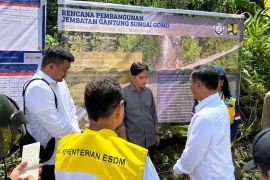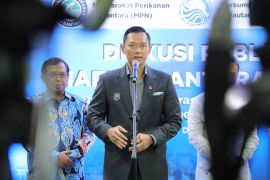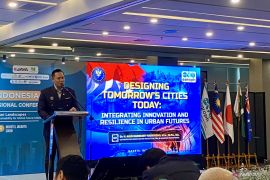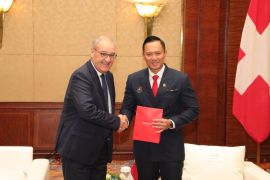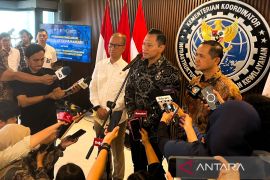The Indonesian trade ministry`s Director General of APEC and International Organizations Dany Kurnia said here on Tuesday evening that those initiatives were introduced during the APEC Senior Officials` Meeting (SOM) in Jakarta, on Feb 6-7, in order to gain the support from other APEC member countries.
"The reasons why we will initiate the infrastructure development and agriculture subsidies are to avoid arbitrariness and unfairness imposed by stronger countries on the developing countries in the multilateral connectivity of trade and investment, which is an agenda of WTO," he said.
Therefore, Indonesia took the chance as the chairman of APEC 2013 to propose connectivity on trade and investment, infrastructure development and agriculture subsidies issues as the stand points of APEC during the next WTO forum in December.
"APEC member nations include major members of WTO, hence we will have more deliverable stand point to enact the initiatives in the WTO declaration through the support from the Asia-Pacific countries," he said.
Indonesia, as one of developing countries which boost free trade and investment connectivity, also uses its role as the host of the WTO forum to propose those initiatives that also accommodate the domestic interests, he explained.
"After the APEC Economic Leader meeting in October, we do hope the initiatives will be more concrete and ready to be proposed in the WTO forum. Thus, it will be an Asia-Pacific`s call of trade facilitation to the global community," he said.
According to Kurnia, Indonesia is very concerned about the trade fairness for the interest of developing country as well as about the continuing progress of the Doha Round where those three initiatives to be proposed.
"It has been 11 years since the Doha Round was established, but the current trade and investment policies are mostly covered the regional agreement, instead of multilateral coverage. Those have given impacts on the different policies and regulations in each region and caused complexity in trying to reach the connectivity goal," he said.
"If we can achieve at least two out of the three points of the WTO declaration, we can cut off the complexity of the `spaghetti ball` in business," added Kurnia. (A060/F001)
Editor: Kunto Wibisono
Copyright © ANTARA 2013

